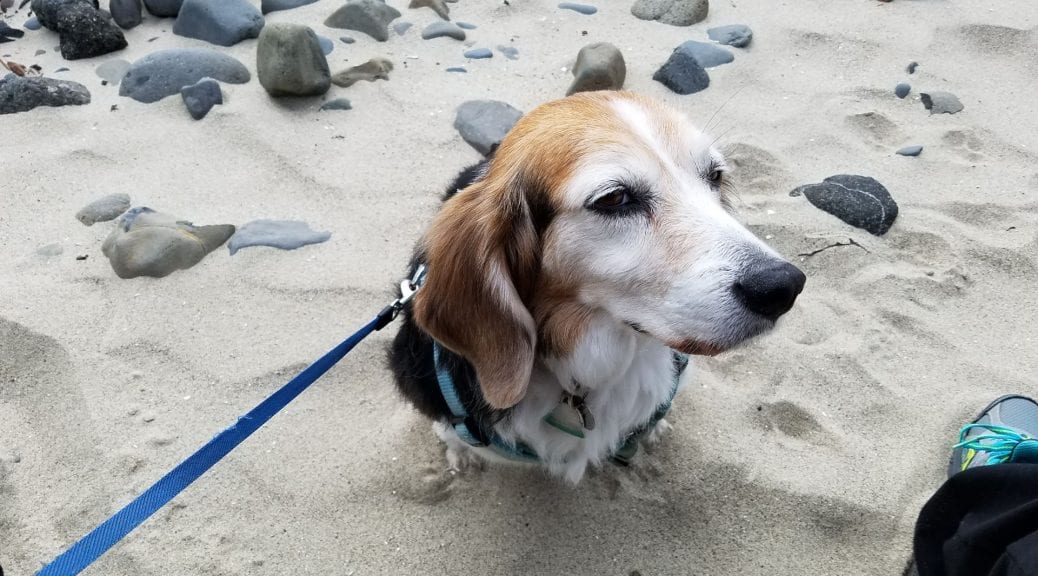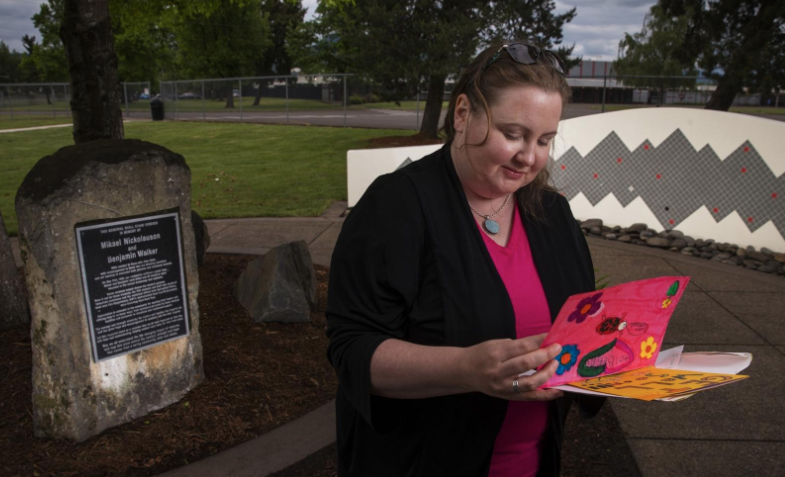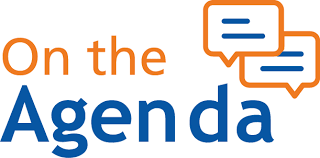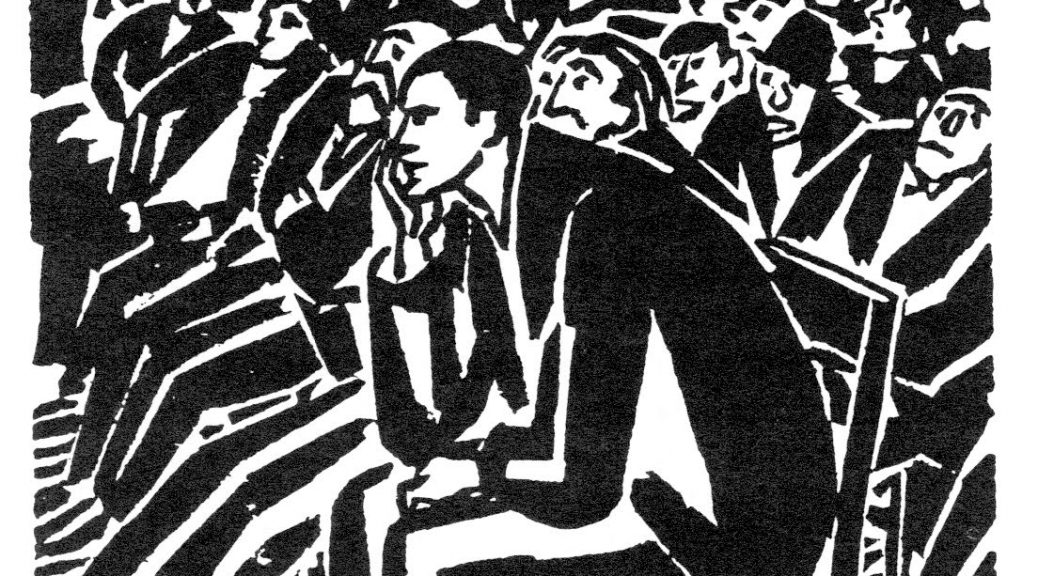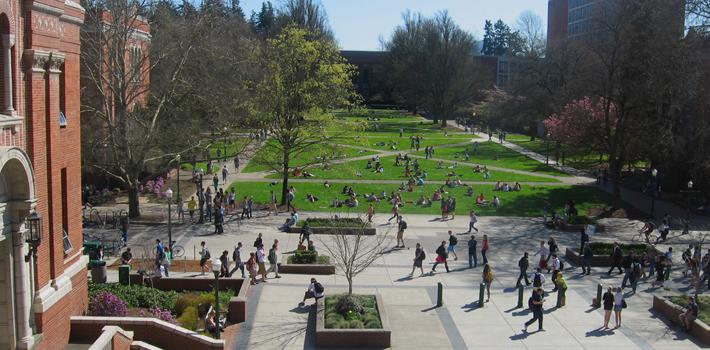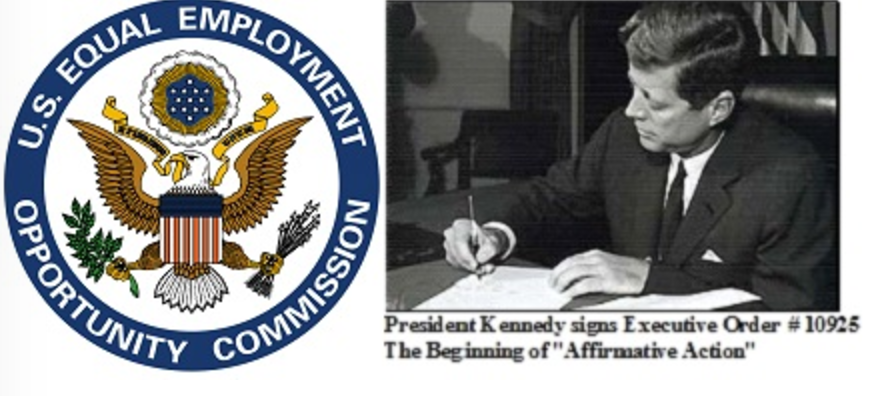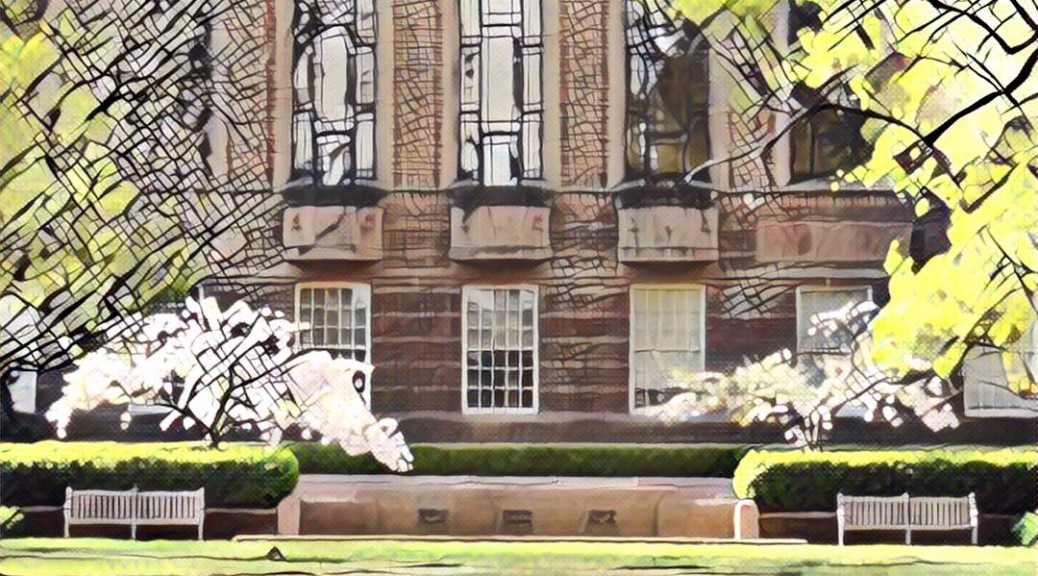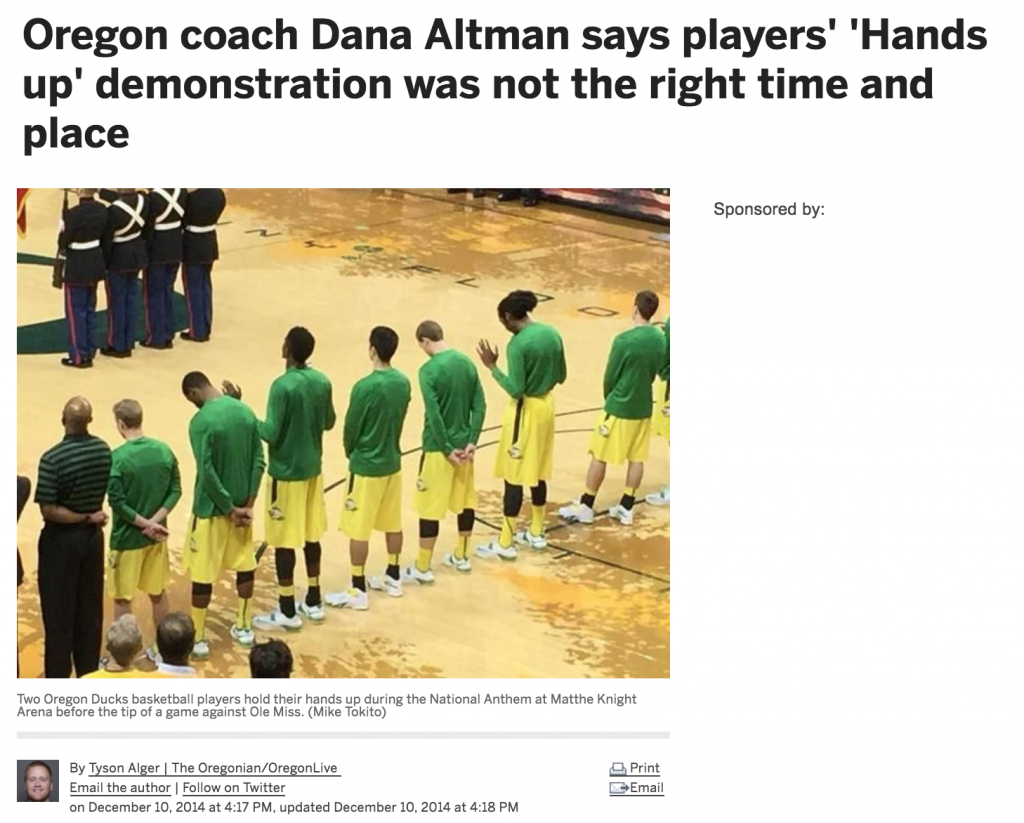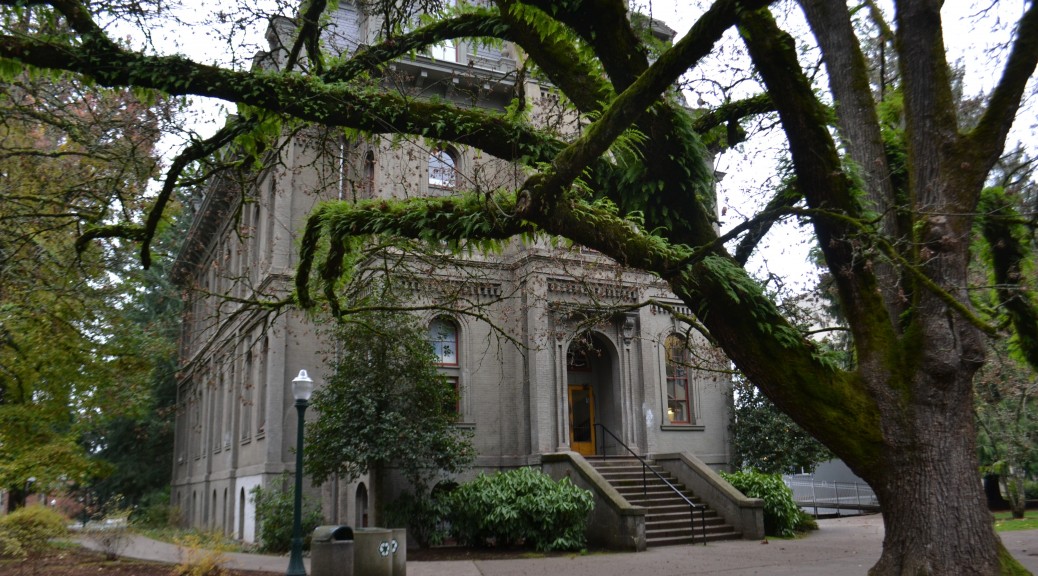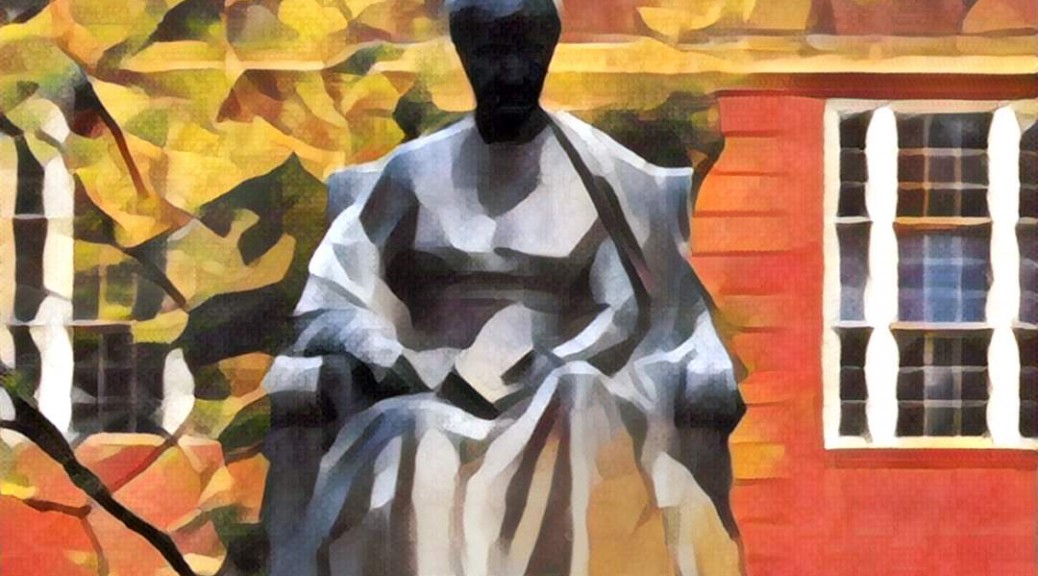From: Theodora K Ko Thompson <theoron@uoregon.edu>
EQUITY AND INCLUSION IN SERVICE AND LEADERSHIP AT THE UNIVERSITY OF OREGON
Dear President Schill, Members of the Senate
I respectfully seek reconsideration that classified staff representation be included in the new IAAC structure. I thank members of the senate who have expressed speaking on our behalf, sharing concerns about not having a classified staff member on the new committee in advocating for the continued inclusion of our membership.
It is my hope that the experiences I share will lend context to the value of classified staff voice, participation and inclusion in roles we have the interest to step forward, and to serve.
Public speaking does not come easy for me. As I’d expressed to a past Director of Employee Relations, “I am much more fluent in writing than when I speak. Writing is my forte given that I was raised to be “seen not heard.” It takes a lot out of me to speak publicly and with my stepping into leadership roles, it’s a challenge I take on to compel myself to work at expressing myself verbally. The level of comfort at public speaking and in verbal expression remains a professional development effort, if you will.”
When President Schill and I met the first time, I was not prepared for the question to express my thoughts about what makes the University of Oregon great. I would like to offer the following in answer to that question, to lend context to the value of classified staff service and representation on committee, why we seek to be dignified and respected for the opportunities that are offered to serve and why equity and inclusion in out classified representation matters.
MENS AGITAT MOLEM
MENS AGITAT MOLEM the words inscribed in the University of Oregon’s Great Seal “Mind move mountain” are words of the university’s motto that is “a reminder of the power of learning and of the university’s commitment to the life of the mind.
In our new mission statement, are these words we state as our values:
“We value the passions, aspirations, individuality, and success of the students, faculty, and staff who work and learn here. We value academic freedom, creative expression, and intellectual discourse. …”
Mens Agitat Molem – I believe – speaks for ALL of us – irrespective of our roles at the University of Oregon. The “life of mind” speaks to the intellectual discourse that ensues when we proudly serve as representatives when meetings convene, where the diversity of thought is shared, valuing equity and inclusion in a learning environment, regardless of classification. I have been inspired with Mens Agitat Molem, and many classified leaders have worked over the years with the strive that the University of Oregon remain faithful to the commitment in “the life of the mind” for which it stands for, and for the values in our mission statement not only to be meaningful and true in the experiences of classified staff who step forward to serve on committee, and in leadership roles the individual undertakes – but that the University of Oregon is as committed and faithful in the demonstration of fostering a campus climate and culture that upholds these in our policy on Community Standards Affirmation: https://policies.uoregon.edu/policy/by/1/01-administration-and-governance/community-standards-affirmation
We further affirm our commitment to:
· Respect the dignity and essential worth of all individuals.
· Promote a culture of respect throughout the University community.
· Respect the privacy, property, and freedom of others.
· Reject bigotry, discrimination, violence, or intimidation of any kind.
· Practice personal and academic integrity and expect it from others.
· Promote the diversity of opinions, ideas and backgrounds which is the lifeblood of the university.
As I’d expressed in correspondence related to the new title of the UO Senate Community Values Committee:
“…The new title of UO Senate Respect and Communities Values Committee reflects and shows relevance upon the historical significance that came about from student action of values for a campus climate of a learning organization such as the UO should be about, and be not only for the present, but importantly, inherent values of leadership for the greater community at large as well. These values cannot remain simply on a plaque, but that they are a set of values we carry with ourselves in the work we do…”
Classified employees who desire to serve, take on leadership roles, aspire to learn, receive training, earn a degree – should not only be denied these opportunities to be engaged in the learning environment at the University, but to be respected no less differently or less deserving of the dignity and respect of their service and leadership. The “inconvenient truths” of classified staff experiences in expressing interest to step forward include:
· In my first term as an elected senate representative I shared with Senate President Nathan Tublitz that a former senator was being discouraged from serving again. This was when serving on the Senate was two hours of meeting time in a month.
- It was hard to maintain membership for the classified staff who served on the Classified Staff Training and Development Advisory Committee, a Senate Advisory Group. Members of the committee would meet for one and half hours during their lunch period twice a month; staff reported experiencing difficulty and taken to task for the extra half-hour.
More recently:
- The interest to serve on the Safety Committee and Sexual Assault Task Force has been discouraged. The Traffic Appeals Board, an Administrative Advisory Group that used to hold regular meetings, but from I learned, would meet on an adhoc basis, perhaps once a quarter. Staff have shared that they put themselves on the line when the response to these expressed interest to serve is to use vacation time if they are so inclined to pursue the endeavor; it is not uncommon as well that the integrity of their interest and their experience to serve on committee to contribute to the intellectual discourse is also taken to task.
I recently provided feedback that I was glad to serve on the Ombuds Search Committee where I learned to better understand the processes of Affirmative Action in the hiring and search processes, notwithstanding that after twenty two years of service, this first opportunity to serve on a search committee was not with the department I’d dedicated years of service.
Against the tide, the pool of these experiences are these redeeming points of our experiences to the question what makes the University of Oregon great:
IT IS A POINT OF PRIDE, thanks to the leadership Ed Singer, the classified represntative on the Senate that the three senate representatives for classified representatives are not token representatives on the Senate, that the Senate passed the motion to dignify and respect classified representatives as equal members with voting rights in our shared governance.
“In 1995, the University of Oregon’s governance was restructured and the University Senate was created. Note the term “University Senate.” The University Senate was to be inclusive. Faculty, Officers of Instruction, Librarians, Officers of Administration and Students were included in the membership. For some reason, Classified Staff was not included. We suspect that this was an oversight.
This omission was partially correct in 2002 when three Classified Staff were added to the Senate membership. They were added, however, without voting privileges”
IT IS A POINT OF PRIDE, thanks to the leadership of Senate President Nathan Tublitz, that the UO Senate Classified Staff Leadership Award was created on February 9, 2011 with the following words http://oldsenate.uoregon.edu/content/uo-senate-leadership-award-classified-staff
It is a point of pride that we are reportedly the only university in higher education that has a shared governance system which includes representatives from all of the stakeholders on campus including faculty, non-tenured track instructors, officers of administration, librarians, students, and classified staff. Leadership, in the framework of a dynamic and evolving organization, is complex and multifaceted. What lies dormant within each of us is our potential to make a difference, make change, and impact the lives of others. That which lies within each of us is our capability and potential to become a change agent.
“Character cannot be developed in ease and quiet. Only through experience of trial and suffering can the soul be strengthened, ambition inspired, and success achieved.” Helen Keller
Note: You will note that there is much thought behind the issues we share of our experiences of the campus climate and culture that we strive and seek for in the acceptance speeches: http://oldsenate.uoregon.edu/content/uo-senate-classified-staff-leadership-award
IT IS A POINT OF PRIDE, thanks to the leadership of Senate President Kyr who showed he valued the voices of staff who fear to speak or fear to step forward in the hostile work environments they work, in the plea conveyed in Dr Carla McNelly’s acceptance speech, that :
“…in the summer of 2010 the UO Senate Ad Hoc Committee on Respectful Workplace was formed. The committee included all campus stakeholders, to make recommendations to the UO Senate regarding a campus wide cultural shift for a respectful workplace. The committee reviewed UO policies, Collective Bargaining Agreements (CBA), state and federal laws, and policies at other institutions of higher education. In the Spring of 2014 an Ombuds Program was established.
It is the inclusion of our participation that has served to benefit the campus community, that we take pride in the collaborative effort that brought about the Ombuds office and the Ombuds program for the safe place and resource for the campus community.
IT IS A POINT OF PRIDE that Kurt Krueger, a classified staff on the Intercollegiate Athletics Committee, who served six years on committee, served successfully as Chair of the committee.
THESE POINTS OF PRIDE – to be heard, to be respected, that we are included – the dignity and pride that comes with stepping forward – are roles that are meaningful demonstrations of OUR faith that the University will value these words:
“We value the passions, aspirations, individuality, and success of the students, faculty, and staff who work and learn here”
We take our appointed and elected roles seriously; we value these opportunities to be included. There is dignity and pride that comes with the classified staff’s desire to serve, to step forward to serve the University of Oregon – to bring that which is unique of our individuality to the intellectual discourse on any issue.
Learning that our elected representative roles are excluded from the new restructure of IAAC comes yet as another disappointment. Johnny Earl, who is an elected representative on the IAC, is a past MLK award recipient who has served as a representative on the University’s Diversity Committee. In 2015, Senate representative John Ahlen, in his introduction of Johnny Earl as the Senate Classified Staff Leadership Award recipient, shared that Johnny worked the evening or graveyard shift – yet he continues to step forward into these leadership roles on his off time during the day because he values and truly cares about the University of Oregon and that for many classified staff, it takes resilience and courage to continue to work at making the University a great place to work – notwithstanding what we continue to encounter expressed in Dr Carla McNelly’s acceptance speech (http://oldsenate.uoregon.edu/files/CarlaClassifiedStaffAwardSpeech2011_0.pdf)
The disinvestment in education – the tug and pull between academics and athletics – has contributed to the tension within the IAC over the years that it is sad that there is today this revised motion that speaks of a compromise for a functional committee with some representation arrived at, at the expense of excluding classified staff representation.
I respectfully submit Stephanie Prentiss’s testimony that she sent to Lois Yoshishige to be shared with Johnny and I when she learned of the motion to exclude our representation. I respectfully submit that there is value to see meaningful worth in classified staff representatives’ ability and capacity to serve on the IAAC, that our perspective and input will lend to the rich intellectual discourse toward academic excellence.
Respectfully,
Theodora
Theodora Ko Thompson, UO BA ’04, MS ’07
Admissions Specialist
Office of Admissions
University of Oregon
240 Oregon Hall
1217 University of Oregon
Eugene, OR 97403-1217
E-Mail: theoron
Telephone: (541) 346-1301
UO Admissions toll-free number:
1-800-BE-A-DUCK (800-232-3825)
Fax: (541) 346-5815
Go, Go Yonder. Further. Farther.
******************************
“Learn a new language and get a new soul.” Chinese proverb
“Le monde est un livre dont chaque pas nous ouvre une page“…”The world is a book; each step opens a page for us” – Alphonse de Lamartine, Voyage en Orient VIII
“One’s destination is never a place but rather a new way of looking at things” -Henry Miller
Stephanie P Testimony IAC support.doc















